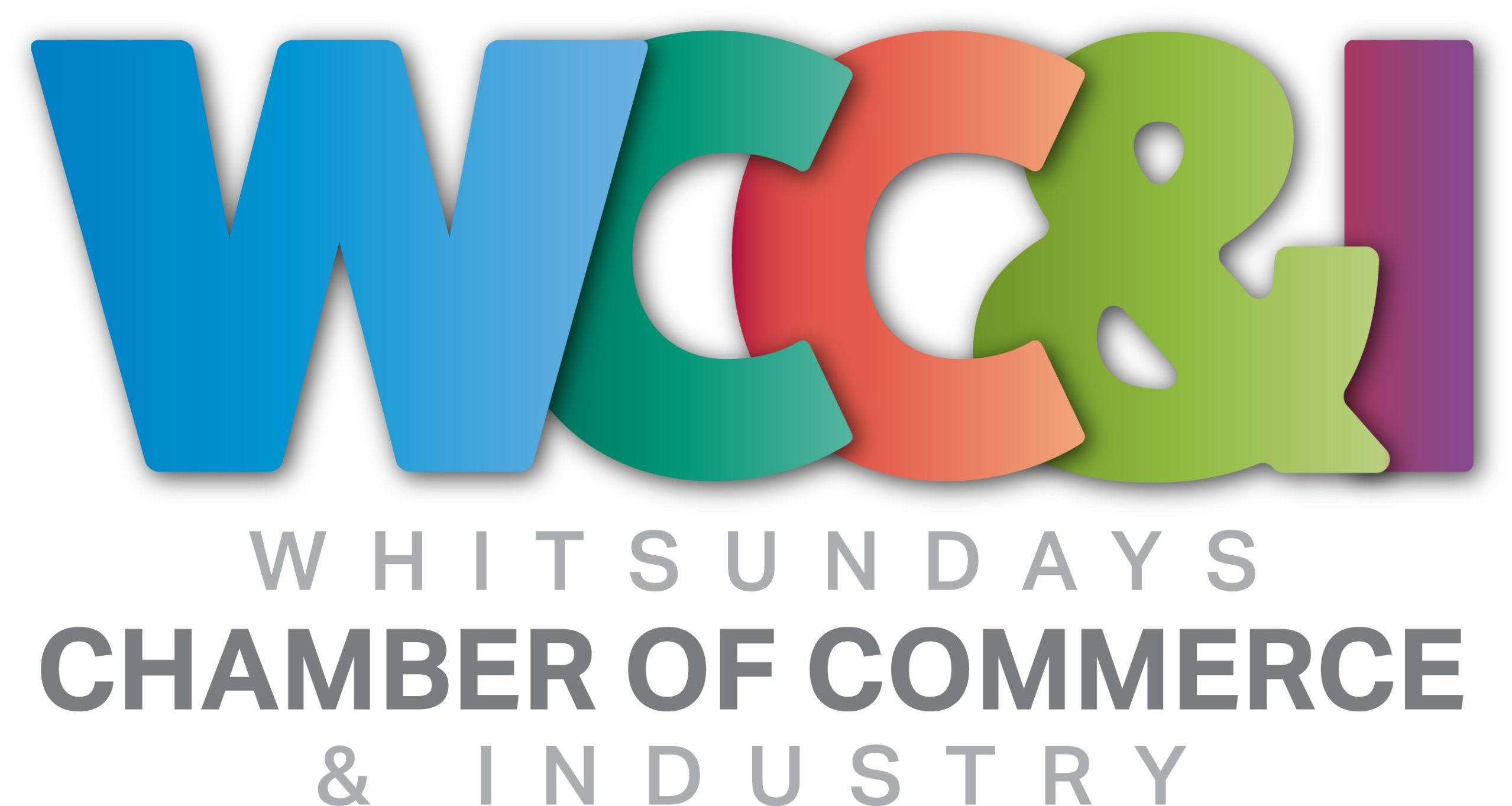As members of the Whitsunday Coast Chamber of Commerce, it is crucial that you stay informed about the latest regulatory changes affecting your business.
Starting from Saturday, July 1, several important amendments will come into effect.
If you have not already acted it is imperative that you take immediate action to ensure compliance. Ignoring these responsibilities could lead to penalties and unnecessary setbacks.
In this post, we will outline six key changes and offer suggestions on how to address them effectively.
- Superannuation: To avoid penalties from the government, it is vital to be aware that the minimum amount of superannuation you are required to pay employees will increase from 10.5% to 11%. We strongly advise you to consult with your advisers to explore the best strategies for implementing this change.
- Pay Rises: Minimum and modern award wages will rise by 5.75%, with a technical change resulting in an 8.6% increase for those on the minimum wage. Practically, this means the minimum wage will rise to $882.80 per week or $23.23 per hour. It is crucial to review your payroll processes and ensure compliance to avoid penalties.
- Aged Care Workers’ Wage Increase: On 30 June 2023, some aged care workers will receive a significant wage increase of 15%. As an aged care employer in the Whitsunday region, it is essential to prepare for this change to maintain fair and competitive compensation for your employees.
- Paid Parental Leave: From 1 July 2023, existing parental leave and dad and partner pay will be combined into a single 20-week scheme. This change is expected to benefit 180,000 families each year. It is important to familiarize yourself with the new entitlements, as either parent can now apply for paid parental leave first, and entitlements can be accessed in multiple blocks. Single parents will have access to the full 20-week entitlement.
- Childcare Subsidies: Families earning less than $80,000 a year may now be eligible to have 90% of their childcare fees covered by the federal government. Additionally, the maximum household income for subsidy eligibility will rise from approximately $346,000 to $530,000. We encourage you to inform your employees about this opportunity and support them in accessing the benefits they are entitled to.
- Electricity Bill Relief: The ceiling electricity price for southeast Queensland will rise on 1 July 2023. However, vulnerable households will receive a $700 cost of living rebate, partially funded by the Commonwealth’s Energy Bill Relief Fund, along with a $372 rebate under the Queensland Electricity Rebate Scheme. All other households will receive a $550 rebate. Some small businesses may also be eligible for rebates. Learn more about the Energy Bill Relief Fund and determine your eligibility, here.
Important Changes to Temporary Skilled Migration Program Income Threshold: Are You Prepared?
Do you utilise the Temporary Skilled Migration program? Starting from 1 July 2023, there will be significant changes to the pay rates for foreign workers.
These adjustments will raise the minimum annual pay from $53,900 to $70,000, presenting a crucial shift in the requirements for skilled migrant workers.
The Albanese Government announced this increase in April, and it is essential that you familiarise yourself with the new income threshold to ensure compliance. See the minister’s press release.
- Minimum Annual Pay Increase: Effective July 1, the minimum annual pay for skilled migrant workers under the Temporary Skilled Migration program will be raised from $53,900 to $70,000. This adjustment reflects the government’s commitment to fair compensation and seeks to uphold the integrity of the program. It is vital that you understand the implications of this increase and take immediate action to comply with the new income threshold. The minister stated in April that this change was a down payment on the type of migration system the government is building. Unions endorse a suite of migration policy aimed at cracking down on temporary foreign workers.
- Pay Attention to New Requirements: If you currently employ skilled migrant workers through the Temporary Skilled Migration program, it is crucial that you pay close attention to the new income threshold. Failing to meet the revised minimum pay requirement could result in penalties and non-compliance issues. Therefore, we strongly recommend that you review your payroll processes, consult with relevant advisors, and make any necessary adjustments to meet the new income threshold.
We encourage Chamber members and all businesses in the region to remain proactive and well-informed about changes that impact your business. The upcoming amendments starting from July 1 require your immediate attention to ensure compliance and avoid penalties.
Please reach out to your professional advisers, review your processes, and take the necessary steps to address these changes effectively.
By acting now, you can protect your business and maintain a competitive advantage in the ever-evolving business landscape.
Note: This is provided for informational purposes only and does not constitute legal or expert industrial relations advice. Employers are advised to consult with employment law professionals to ensure compliance with applicable laws and regulations.


 Support our local young people and open your business to Work Experience and School-based Apprentices and Trainees
Support our local young people and open your business to Work Experience and School-based Apprentices and Trainees